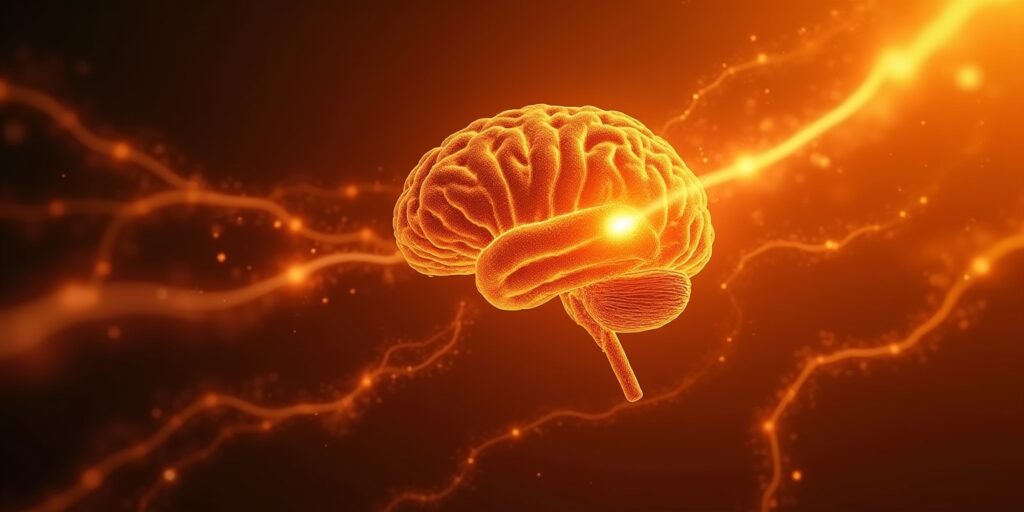By Fisher Barnett
What is Mental Fatigue?
Mental fatigue is characterized by an overwhelming sense of exhaustion, reduced concentration, and a decline in motivation. Unlike physical tiredness, which often comes from muscular exertion, mental fatigue is driven by prolonged cognitive effort, stress, and psychological strain. For athletes, this can mean slower reaction times, reduced focus, and difficulty in decision-making during games or training.

Causes of Mental Fatigue in Athletes
Athletes face multiple triggers for mental fatigue, including:
- Long training sessions without sufficient rest
- Pressure from competitions and performance expectations
- Academic or work-related stress alongside sports
- Lack of quality sleep and recovery routines
These factors can combine to create a state of mental exhaustion, even when the body is physically prepared.
Anxiety, Stress, and Athletic Performance
In high-stakes games or tournaments, feelings of tension and anxiety are common. Stress can elevate heart rate and cortisol levels, making it harder to stay calm and focused. Research shows that excessive anxiety reduces fine motor skills, slows reaction time, and increases the risk of mistakes. Learning how to manage stress through breathing techniques, mindfulness, and pre-performance routines is key to maintaining optimal performance.
Elite Athletes and Resistance to Mental Strain
Interestingly, elite athletes may have a higher resistance to mental fatigue compared to beginners. A 2016 study on professional road cyclists found that, even after completing a demanding cognitive test, their endurance performance was less affected compared to amateur athletes. This suggests that experience, mental conditioning, and higher resilience play a protective role in managing mental strain.
The Brain’s Role in Physical Exhaustion
While fatigue is often blamed on muscles, research suggests the brain plays a central role in physical exhaustion. When mental fatigue sets in, the brain signals the body to slow down, even if the muscles still have energy reserves. This “central governor theory” explains why athletes sometimes feel they’ve “hit a wall” despite not being physically depleted.

Monitoring and Measuring Mental Fatigue
Because mental fatigue is subjective, it’s challenging to measure. However, some effective methods include:
- Self-reported questionnaires on mood, stress, and perceived exertion
- Reaction time tests to assess focus and decision-making speed
- Heart rate variability (HRV) to monitor recovery and stress levels
By tracking these indicators, athletes and coaches can better manage workload and recovery strategies.
Can Nutrition Help Fight Mental Fatigue?
Nutrition plays a key role in brain function and focus. Research suggests:
- Caffeine can temporarily boost alertness and reduce fatigue perception.
- Carbohydrates may support mental clarity during prolonged effort.
- Omega-3 fatty acids aid brain health and cognitive resilience.
- Hydration is critical, as even mild dehydration can impair concentration and reaction time.
Practical Recovery Strategies for Athletes
To manage and prevent mental fatigue, athletes can:
- Prioritize sleep – Aim for 7–9 hours of quality rest.
- Use mindfulness techniques – Meditation, journaling, or visualization can calm the mind.
- Schedule active recovery – Light activities like yoga, walking, or stretching can reset both body and mind.
- Balance workload – Alternate high-intensity and low-intensity training sessions.
- Stay socially connected – Positive interactions with teammates, friends, or family can reduce stress.
Moving Forward: Understanding Mental Fatigue
Mental fatigue is a critical factor in athletic performance that often goes unnoticed. By recognizing its causes, monitoring its signs, and applying recovery strategies, athletes can protect their focus, decision-making, and endurance. Managing mental fatigue isn’t just about improving performance—it’s about long-term health, consistency, and enjoying the sport.







































